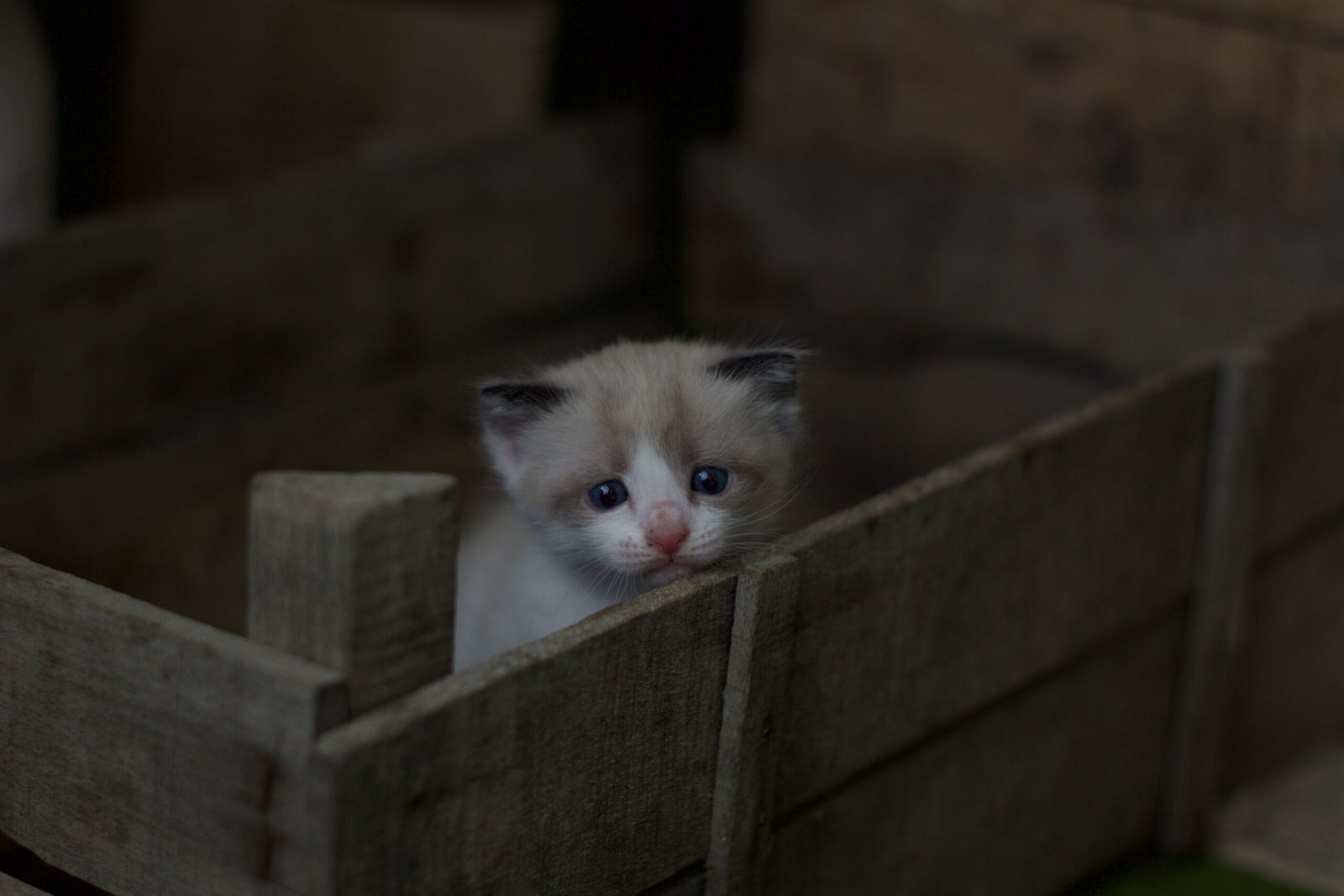Introduction
Small pets and exotics are gaining popularity as companions for animal lovers. These tiny creatures bring immense joy and companionship to our lives. However, caring for small pets and exotics requires special attention and knowledge. In this article, we will explore some essential care tips to ensure the well-being of these unique and adorable creatures.
1. Research and Choose the Right Pet
Before bringing a small pet or exotic into your home, it is important to research and understand its specific needs. Consider factors such as lifespan, diet, habitat requirements, and level of care needed. Some popular small pets include hamsters, guinea pigs, rabbits, and birds, while exotics may include reptiles, amphibians, or insects. Each species has different care requirements, so make an informed decision based on your lifestyle and capabilities.
2. Provide a Suitable Habitat
The habitat is crucial for the well-being of small pets and exotics. Ensure that their enclosure or cage is spacious enough for them to move around comfortably. Provide appropriate bedding, hiding spots, and toys to keep them mentally stimulated. Research the specific temperature, humidity, and lighting requirements for your pet’s species, and maintain the habitat accordingly.
3. Balanced Diet
A healthy and balanced diet is essential for the overall well-being of small pets and exotics. Research the dietary requirements of your pet and provide a variety of fresh fruits, vegetables, and high-quality commercial food. Avoid feeding them foods that are toxic to their species, such as chocolate, caffeine, or certain fruits and vegetables. Consult a veterinarian or a knowledgeable pet store employee for specific dietary recommendations.
4. Regular Veterinary Care
Just like any other pet, small pets and exotics require regular veterinary care. Find a veterinarian who specializes in exotic animals and schedule routine check-ups to ensure their health and well-being. Regular veterinary visits can help detect and prevent any potential health issues before they become serious.
5. Socialization and Enrichment
Small pets and exotics thrive on social interaction and mental stimulation. Spend quality time with your pet, providing them with opportunities for socialization and enrichment. Some pets, like rabbits and guinea pigs, enjoy gentle handling and cuddling, while others may prefer interactive toys or puzzles. Research the specific needs of your pet’s species and cater to their socialization and enrichment requirements accordingly.
6. Hygiene and Cleanliness
Maintaining proper hygiene and cleanliness is vital for the health and well-being of small pets and exotics. Clean their habitat regularly, removing any waste or soiled bedding. Provide fresh water daily and clean food bowls regularly. Ensure that the habitat is free from any hazards or toxins that may harm your pet.
7. Educate Yourself
Continuously educate yourself about the specific needs and behaviors of your small pet or exotic. Stay updated on the latest research and information related to their care. Join online forums or local pet communities to connect with other pet owners and share experiences and knowledge.
Conclusion
Caring for small pets and exotics requires dedication, knowledge, and love. By researching their specific needs, providing a suitable habitat, balanced diet, regular veterinary care, socialization, and maintaining cleanliness, you can ensure the well-being and happiness of these unique creatures. Remember, small critters may be small in size, but they bring big love into our lives.

